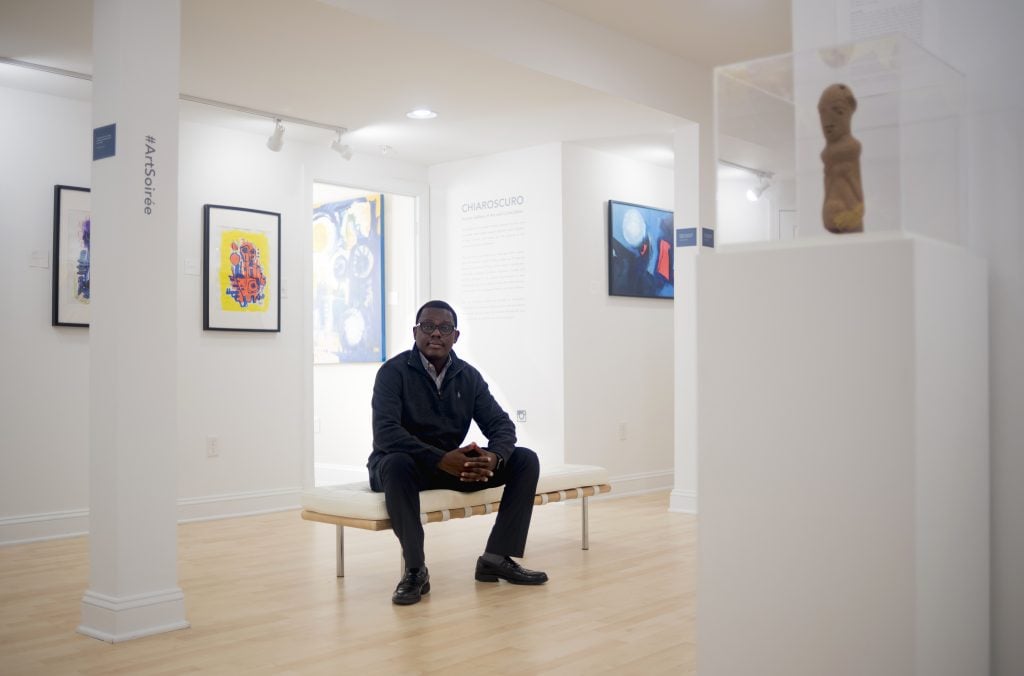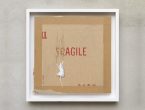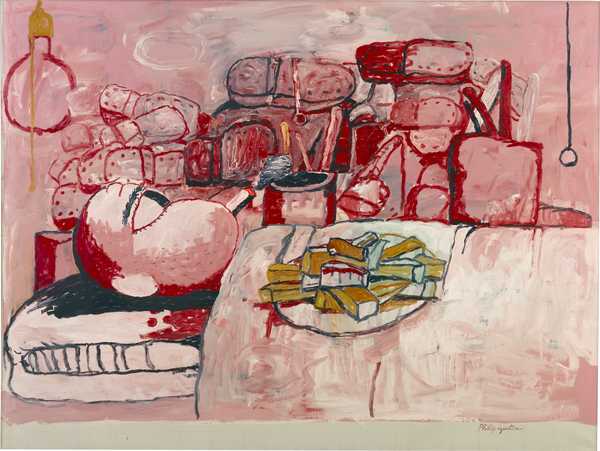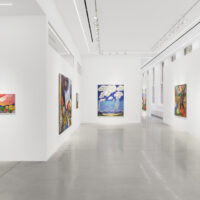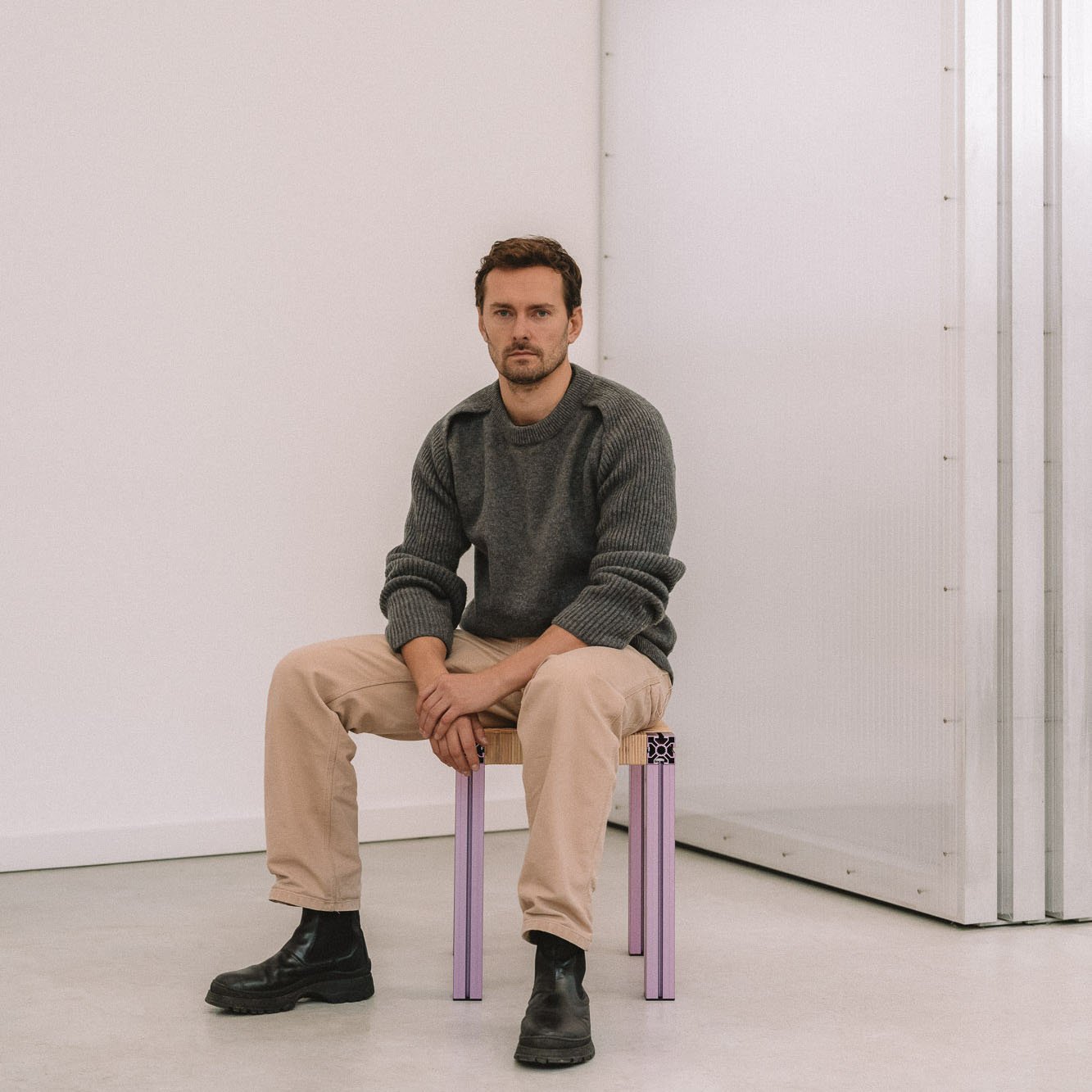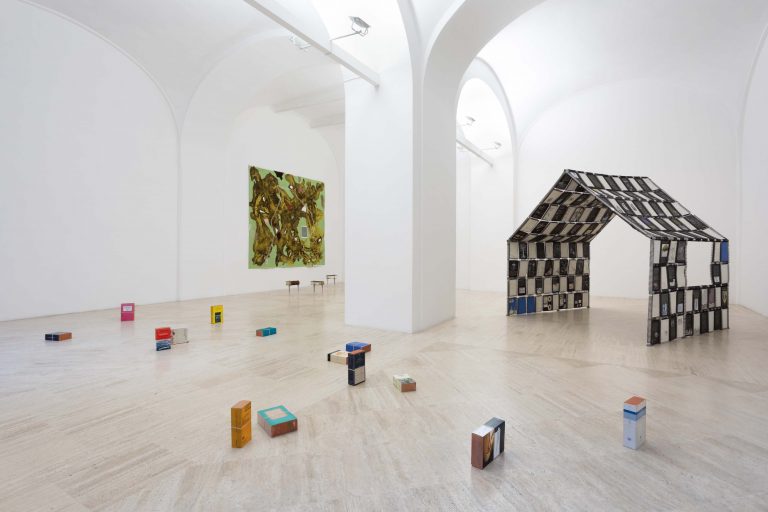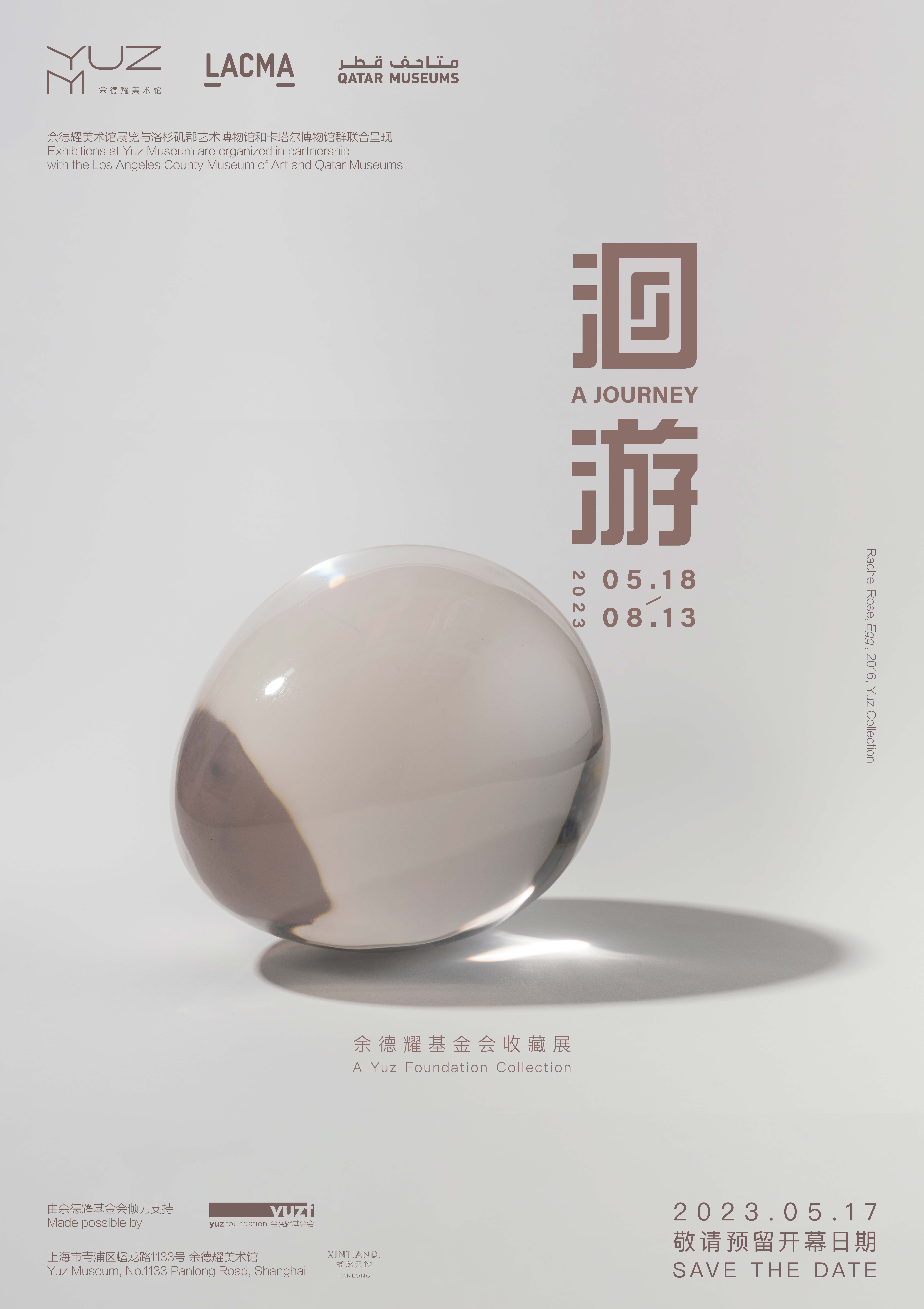Act Up (Psychedelic Prayer Rugs)
2017 - Textile (Textile)
48 x 30 inches
Baseera Khan
Designed by the artist and fabricated in collaboration with Kashmiri artisans in India, Baseera Khan’s Psychedelic Prayer Rugs combine visual iconography traditional to Islam, such as the crescent moon and lunar calendar, with brightly coloured symbols of personal significance to the artist: a pair of embroidered sneakers, a fragment of an Urdu poem, and the Purple Heart medal. Visually seductive yet charged with political and symbolic associations, the rugs bridge elements of American popular culture with aspects of Islamic worship that may be poorly understood in contemporary secular contexts. Encouraged by Khan to take their shoes off and interact with the rugs, viewers participate in a decolonizing process as they meditate on their poetic allusions or perform the traditional salat, the daily prayers that constitute one of the five pillars of Islam, the others being faith, charity, fasting, and pilgrimage to Mecca. Khan’s Act Up rug is more somber, an excerpt from a poem set against a black backdrop and bordered in gold.
Designed by the artist and fabricated in collaboration with Kashmiri artisans, Baseera Khan’s Psychedelic Prayer Rugs combine visual iconography traditional to Islam, such as the crescent moon and lunar calendar, with brightly colored symbols of personal significance to the artist: a pair of embroidered sneakers, a fragment of an Urdu poem, and the Purple Heart medal. Visually seductive yet charged with political and symbolic associations, the rugs bridge elements of American popular culture with aspects of Islamic worship that may be poorly understood in contemporary secular contexts. In past installations of this work, Khan made space for viewers to engage with the rugs, to perform the traditional salat, the daily ritual prayers of Islam, or to commune through its tactile and spiritual conditions. Khan’s Act Up rug weaves political and queer alliances with spiritual practice. Underneath a pyramidal rendition of the pink triangle symbol associated with ACT UP (AIDS Coalition to Unleash Power), the direct action advocacy group founded to end the ongoing AIDS epidemic, is a fragment of an Urdu poem that reads: “The right to speak can be taken away, but not the right to stay silent.” The pink triangle, first used in the Holocaust, and reclaimed by activists in the continued struggle of LGBTQ+ folks, is synonymous with ACT UP’s activism. By making space to contemplate the power and agency of silence, Khan implicitly connects the slogan SILENCE=DEATH of AIDS activism popularized by ACT UP to other political voices, such as Kashmiri autonomy, the region where Khan has worked with artisans to produce the rugs.
Colors:
Related works sharing similar palette

© » KADIST
Shahryar Nashat
2015Employing both the High Modernist technique of abstraction and monochronism, as in the work of Lucio Fontana and Yves Klein, and bodily states of fetishization, Yea High (sweetpreparator) reworks the art historical canon of movement and the body to consider flesh as a physical construction of man-made matter...
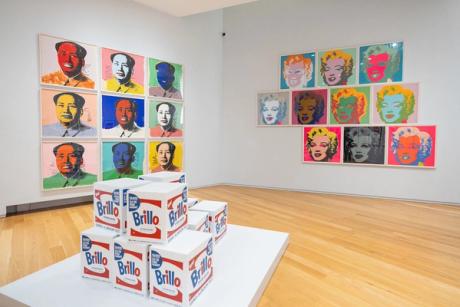
© » THEARTNEWSPER
The Big Review: Andy Warhol at the Hugh Lane Gallery, Dublin ★★★★☆ Art market Museums & heritage Exhibitions Books Podcasts Columns Technology Adventures with Van Gogh Search Search Exhibitions review The Big Review: Andy Warhol at the Hugh Lane Gallery, Dublin ★★★★☆ Andy Warhol the colourist stars in a stand-out exhibition that offers fresh perspectives on curating the world's most familiar artist Louis Jebb 8 December 2023 Share An installation shot of Andy Warhol Three Times Out at the Hugh Lane Gallery, Dublin, featuring screenprints from a 1972 Mao edition and a 1967 Marilyn (Marilyn Monroe) edition and Brillo Boxes ( 1968) in wood, paint and silkscreen ink © 2023 The Andy Warhol Foundation for the Visual Arts, Inc...

© » LENS CULTURE
49/23 — Considering Technology, AI and Photography - Photographs by Gregory Eddi Jones | Interview by Liz Sales | LensCulture Feature 49/23 — Considering Technology, AI and Photography In his new thought-provoking series “49/23,” Gregory Eddi Jones considers the implications of rapidly advancing technology by intertwining vintage photography and AI-generated images...

© » KADIST
Motoyuki Daifu
2010Seven family members and a cat all squeezed into the small five-room house, where Motoyuki Daifu grew up in Yokohama...

© » FAD MAGAZINE
Jesse Darling Takes 2023 Turner Prize for Exposing Decay in 'Great' Britain - FAD Magazine Skip to content By Mark Westall • 6 December 2023 Share — Jesse Darling wins Turner Prize 2023, as we called it back in September ( Who should win the Turner Prize 2023 ), the winner of the £25,000 prize was announced last night at a ceremony presented by Tinie Tempah at Eastbourne’s Winter Garden, adjacent to Towner Eastbourne, the hosts of this year’s prize...

© » SLASH PARIS
40 ans du Frac ! — Gunaikeîon — Frac île-de-france, les Réserves — Exhibition — Slash Paris Login Newsletter Twitter Facebook 40 ans du Frac ! — Gunaikeîon — Frac île-de-france, les Réserves — Exhibition — Slash Paris English Français Home Events Artists Venues Magazine Videos Back 40 ans du Frac ! — Gunaikeîon Exhibition Mixed media Vue de l’exposition 40 ans du Frac ! — Gunaikeîon au Frac île-de-france, les Réserves, Romainville © Frac Île-de-France 40 ans du Frac ! Gunaikeîon Ends in 2 months: October 15, 2023 → February 24, 2024 Pour les 40 ans des Frac, il s’agit à la fois de repenser l’histoire de l’institution, écrite notamment par le biais de sa collection, et de tendre vers des futurs communs et désirables...

© » KADIST
Laura Gannon
2017The impressionistic surface of Wild Money (2017) recalls the 1950s paintings of Philip Guston...

© » KADIST
Nidhal Chamekh
2016Nidhal Chamekh made the first drawings of the ongoing series Mémoire Promise in 2013...

© » KADIST
Brian Bress
2013Blindseye Arranger (Max) (2013) features a greyscale arrangement of rudimentary shapes layered atop one another like a dense cluster of wood block prints, the juxtaposition of sharp lines and acute angles creating an abstracted field of rectangular and triangulated forms composed as if in a cubist landscape...
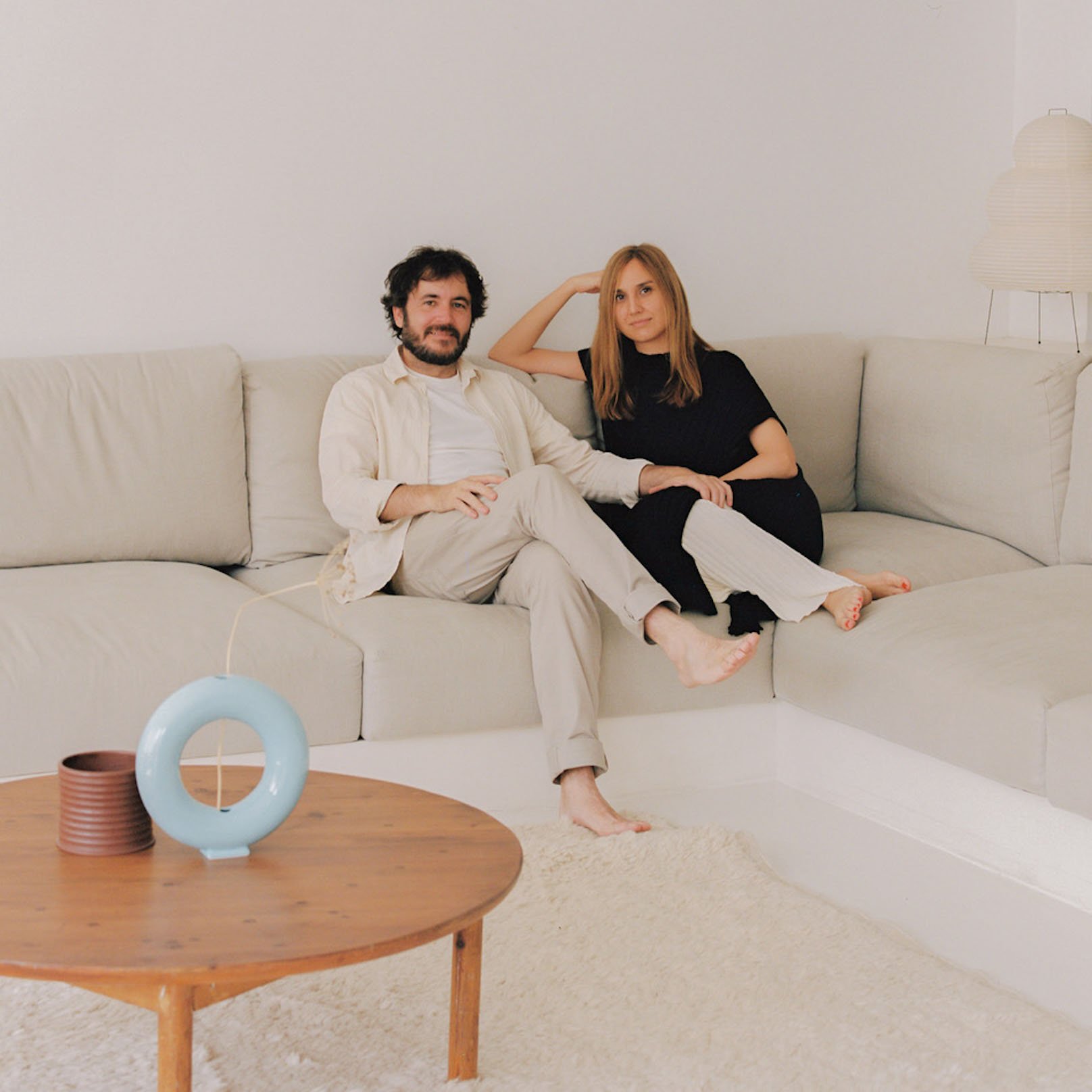
© » IGNANT
Designing Tranquility — Inside The Minimalist World Of Isern Sera And Valeria Vasi - IGNANT Name Isern Sera · Valeria Vasi Images Monika Mroz Words Monika Mróz Spanning his interior work from residential to exhibition design, Isern Serra conveys minimalism with a human face in every space he designs...

